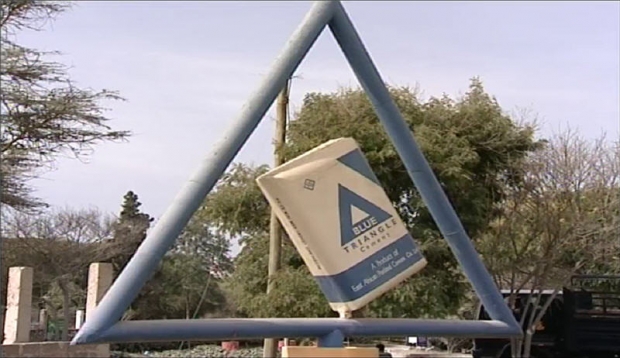East African Portland Cement Company (EAPCC) is experiencing operational challenges which at some point resulted in the termination of cement production and salaries were delayed.
The company is now placing its hopes on receiving $100 million from the Kenyan government through the sale of land to keep it afloat in the short-term.
Portland cement recently almost ran out of stock after stopping its production. In 2017, production reduced to 35,000 tonnes from its break-even production of over 75,000 tonnes according to a source.
“In the stores, we have less than 2,000 tonnes of cement and this is now pointing to a serious problem in the company,” the source said.
Simon ole Nkeri, the chief executive of EAPCC has attributed production problems to inaccessible quarries which are the source of raw material used by the company.
“It is true that we didn’t have production running in some days in March because the accessibility to the limestone quarries was severely affected by the rains. This saw our production threshold drop significantly. This affected us on the cement stock end too but I am certain that our seven depots around the country had enough stocks,” Nkeri said.
He also said the company is having challenges accessing clinker and coal whose price for importation has increased to a high of $170 per tonne.
“We do not have the financial muscle to stock up these raw materials and mitigate against production hitches. However, as we speak, we have managed to sort out the challenges in accessing limestone. We have enough stock to help us run [for] the next two weeks. We also have stock [of] the other ingredients needed that could stretch for the next up to 45 days. The only challenge we still face is access to coal and the high cost of electricity,” he said.
In the six months to December 2017, the company’s revenue dropped 18 percent while sales dropped 5 percent to $28.8 million. EAPCC attributed the decline to the extended election period, slow market uptake, and the interest rate capping law.
“Our outlook is positive as long as we are able to sort our legacy issues and mostly the debt. We believe that the government’s push for affordable housing and a revamped manufacturing sector under its Agenda Four initiative will benefit us. In the short term we need around $100 million to steady the ship but for us to go back to our glory days and take back the leadership in the market, we will need around $450 million,” Ole Nkeri said.
EAPCC is in the final stages of selling over 14,000 acres of land to the government which will be transferred by the Special Economy Zones Authority. The company also received cabinet approval for the land sale in 2017.
According to the EastAfrican, “The valuation of the land has been done and the firm will be meeting with its parent ministry and the National Treasury in the coming weeks as it seeks to unlock these funds.”.
“If these funds do not come, then the shareholders and the board will determine where they want the firm to go,” he said. He also further stated that once receiving the short-term funding, they will use it to pay back debts, invest in new plants, and improve the current factory. The company as an outdated kiln which will cost $20 million to modernise.




